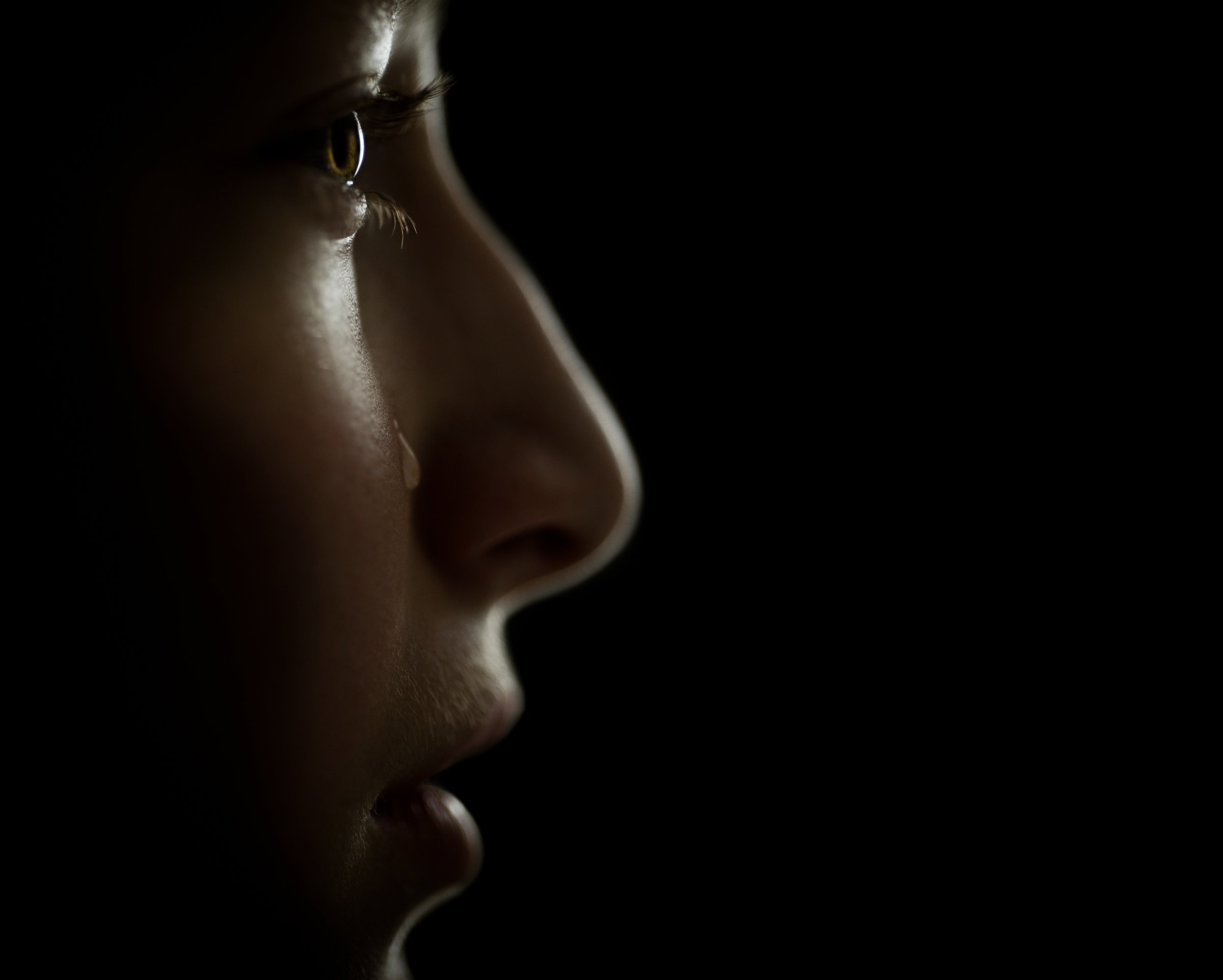
Think back to the one of the happiest moments of your life, say a wedding day or the birth of a child. During these life-changing moments, it’s safe to say you were probably crying. It may feel silly when it happens—especially if you’re someone who often turns into a blubbering mess over a heartwarming viral video. But it turns out crying when you’re happy isn’t so crazy after all: A forthcoming study in the journal Psychological Science found that people who are often reduced to happy tears may actually be better at regulating their emotions.
HEALTH.COM: 3 Reasons Why Crying Is Good for You
The researchers looked at “dimorphous expressions,” which is the technical term for when you’re experiencing one super strong emotion (say, happiness) but showing two expressions at the same time (like laughing and crying). To reach their findings, they asked people to report how they felt after viewing photos of babies, half of whom had their faces manipulated to give them rounder features and bigger eyes—tweaks meant to essentially push the participants past the edge of cute overload.
As expected, the babies with altered characteristics caused the strongest reactions, and more than half of participants said the photos caused them to feel not only happy but downright overwhelmed. But interestingly, many of the people in the overwhelmed group were also more likely to choose aggressive expressions, saying they wanted to pinch their cheeks or “eat them up.” And those people, the ones who used these dimorphous expressions, found it easier to regulate their intense feelings, says lead study author Oriana Aragón, PhD, a psychologist at Yale University.
HEALTH.COM: 12 Ways We Sabotage Our Mental Health
“People who peaked really high after seeing the babies actually got back down better from the experience,” suggesting that two contrasting expressions may be the brain‘s way of bringing you back into equilibrium, Aragón explains.
The researchers also reported that the cheek-pinchers were more likely to say they shed tears during happy moments—like being reunited with a loved one—so the findings may apply to a lot of situations, from laughing when you’re nervous to bawling over that paraplegic veteran who surprised his new wife by standing up for their first dance.
So, no need to be embarrassed the next time you get all worked up, just let it out. You’ll be back to normal in no time.
HEALTH.COM: 22 Ways to Get Happy Now
More Must-Reads from TIME
- Why Trump’s Message Worked on Latino Men
- What Trump’s Win Could Mean for Housing
- The 100 Must-Read Books of 2024
- Sleep Doctors Share the 1 Tip That’s Changed Their Lives
- Column: Let’s Bring Back Romance
- What It’s Like to Have Long COVID As a Kid
- FX’s Say Nothing Is the Must-Watch Political Thriller of 2024
- Merle Bombardieri Is Helping People Make the Baby Decision
Contact us at letters@time.com